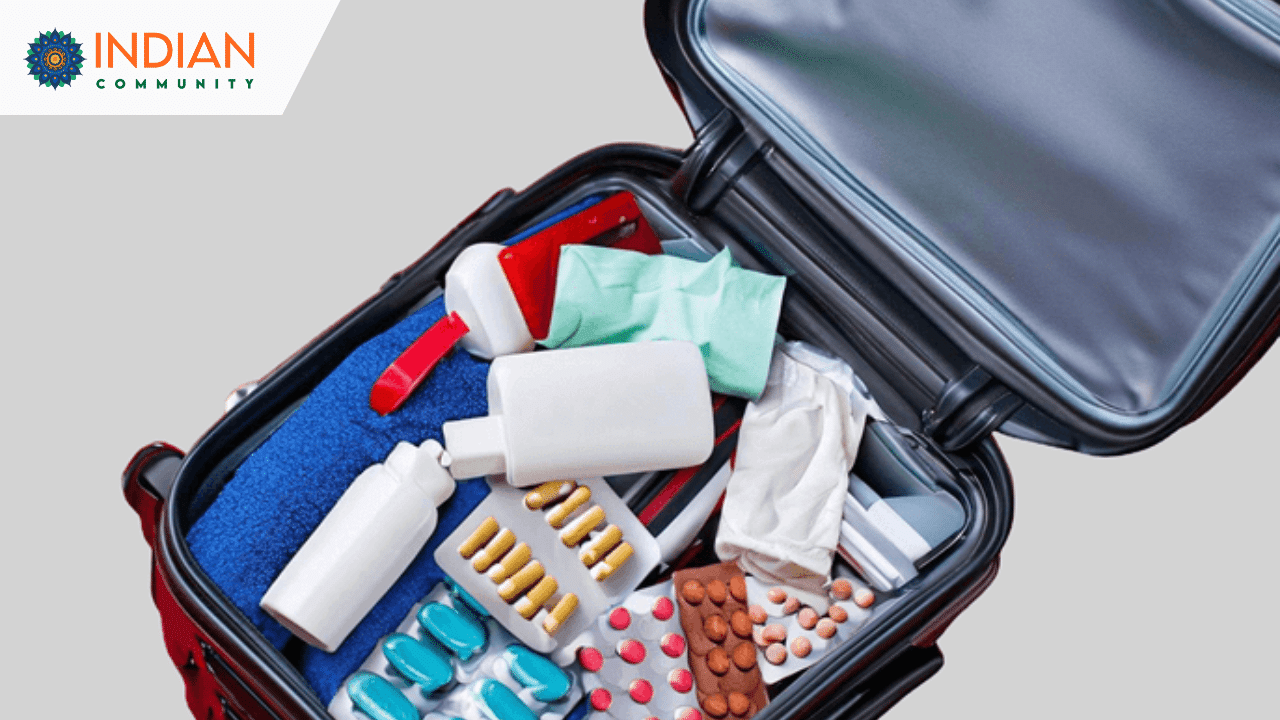Guidelines for Traveling to the USA with Medicines from India

Traveling to the United States with medicines from India is a common necessity for many travelers. However, it is essential to follow U.S. Customs and Border Protection (CBP) and Food and Drug Administration (FDA) regulations to ensure a hassle-free journey. Proper adherence to these guidelines can help you avoid complications during travel.
When carrying medicines, ensure they are in their original packaging with clear labels that identify the drug and its purpose. It is mandatory to have a doctor’s prescription or medical certificate that specifies the name of the medicine, dosage, and its intended use. For controlled substances or narcotics, additional permissions or documentation may be required.
Travelers should carry only the amount of medication necessary for personal use, typically not exceeding a 90-day supply. Liquid medications must comply with Transportation Security Administration (TSA) guidelines, usually limited to containers of 3.4 ounces (100 milliliters) or less. These should be packed separately for easy inspection during security checks.
It’s important to note that medications not approved by the FDA may be prohibited in the U.S. Before your trip, verify that the medicines you intend to carry are allowed. Additionally, ensure that all accompanying documents, such as prescriptions and medical certificates, are in English to facilitate communication with customs officials.
If you require refrigeration for your medicines, carry appropriate storage solutions like insulated bags or cold packs. It’s also advisable to check airline policies regarding the transport of medical supplies.
By being proactive and well-prepared, travelers can ensure that their essential medicines are transported without any issues, making their journey smoother and stress-free. For further clarity, consult your healthcare provider or the U.S. CBP website before departure.
Source: indianeagle.com


No Responses